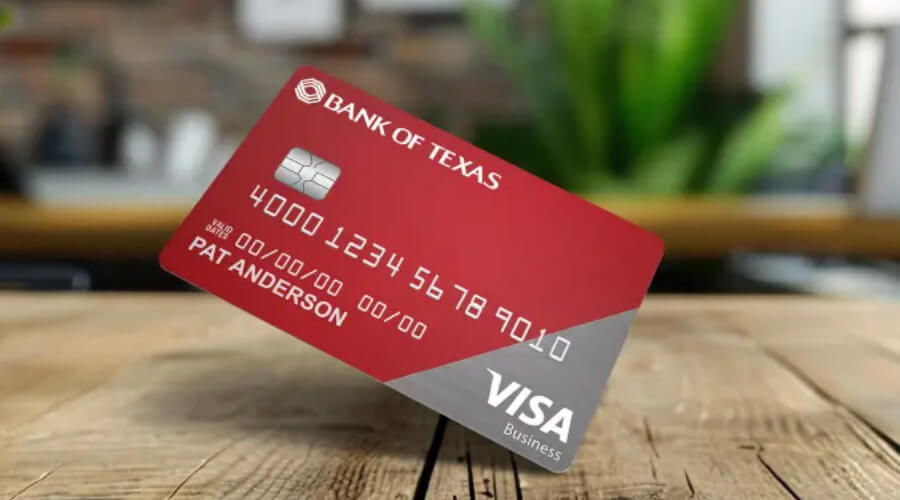Ever look in your wallet and wonder if you have the right number of credit cards? It’s a question that stumps many financially-savvy people. While one person might successfully juggle five cards to maximize rewards, another might find that just one is perfect for building a solid credit history.
So, what’s the magic number?
The truth is, there isn’t one. The ideal number of credit cards is less about a specific digit and more about your personal financial habits and goals. This guide will break down exactly how to find the right number for you, how it impacts your credit score, and the pros and cons of having multiple cards.
The “Right” Number of Cards: It’s All About You
Forget the idea of a universal rule. The perfect number of credit cards is the number you can manage responsibly. For some, that’s one. For others, it might be three or four.
The key is responsible management. Before opening a new account, ask yourself:
-
Can I comfortably afford the total payments, even if I were to max out every card?
-
Can I keep track of multiple due dates and statements without getting overwhelmed?
If you struggle to keep up with payments on two cards, then one is your sweet spot. If you’re an organization pro and can handle more, two or three cards can be a great way to build credit and earn rewards without creating financial chaos.
Is It Good to Have Multiple Credit Cards? The Pros and Cons
Having more than one credit card isn’t inherently good or bad—it’s a strategy. Here’s how it can help or hurt you.
The Upside of Multiple Cards:
-
Lower Credit Utilization Ratio: This is one of the most significant factors in your credit score. Opening a new card increases your total available credit. As long as your spending stays the same, your credit utilization ratio drops, which can give your score a healthy boost.
-
Improved Credit Mix: Lenders like to see that you can handle different types of credit (e.g., credit cards, auto loans, a mortgage). Having a few well-managed credit cards contributes positively to your credit mix.
-
Maximized Rewards: Different cards offer different perks. You can use one card for 5% cash back on groceries, another for 3x points on travel, and a third for dining. Strategically using multiple cards means you get the best return on every dollar you spend.
-
The Downside of Multiple Cards:
-
Temptation to Overspend: More cards mean a higher total credit limit, which can be a dangerous temptation if you struggle with impulse spending.
-
Complicated Debt Management: More cards mean more due dates to track, more statements to review, and more potential for a late payment, which can seriously damage your credit score.
-
Hard Inquiries and Lower Average Account Age: Each new card application results in a “hard pull” on your credit report, which can temporarily dip your score. Additionally, a new account lowers the average age of your credit history—and lenders prefer to see a long, stable history.
How Multiple Credit Cards Directly Impact Your Credit Score
Your FICO® Score is calculated using five key factors. Here’s how the number of cards you hold plays into each one:
-
Credit Utilization (30% of your score): This is your total credit card balance divided by your total credit limit. Adding a new card can instantly lower this ratio and improve your score, but only if you don’t rack up new debt on it.
-
Length of Credit History (15% of your score): This is the average age of all your accounts. Opening new cards lowers this average. A lower average age can make you seem like a riskier borrower.
-
New Credit (10% of your score): Applying for several cards in a short period creates multiple hard inquiries, which signals risk to lenders and can lower your score.
-
Credit Mix (10% of your score): Having a healthy mix of revolving credit (credit cards) and installment loans (like a car loan) is seen as a positive.
-
Payment History (35% of your score): This is the most important factor. No matter how many cards you have, making on-time payments is crucial. Missing even one payment can have a significant negative impact.
So, Can You Have Too Many Credit Cards?
Yes, you absolutely can. “Too many” isn’t a specific number, but a situation. You have too many credit cards if:
-
You can’t pay the balances in full each month.
-
You frequently miss payments because you can’t keep track of due dates.
-
Your total available credit is so high that lenders deny you for other loans (like a mortgage), fearing you could accumulate too much debt overnight.
-
You are only making minimum payments and your debt is growing.
The Final Verdict: Quality Over Quantity
When it comes to your wallet, focus on the quality of your credit habits, not the quantity of your cards. For most people, two to three credit cards is a manageable number that allows them to build a strong credit history and take advantage of rewards.
However, if you feel most in control with just one, that’s perfectly fine. The most important thing is to use your credit responsibly, pay your bills on time, and keep your balances low. That is the true secret to a great credit score.
You can also read HERE about this post.
